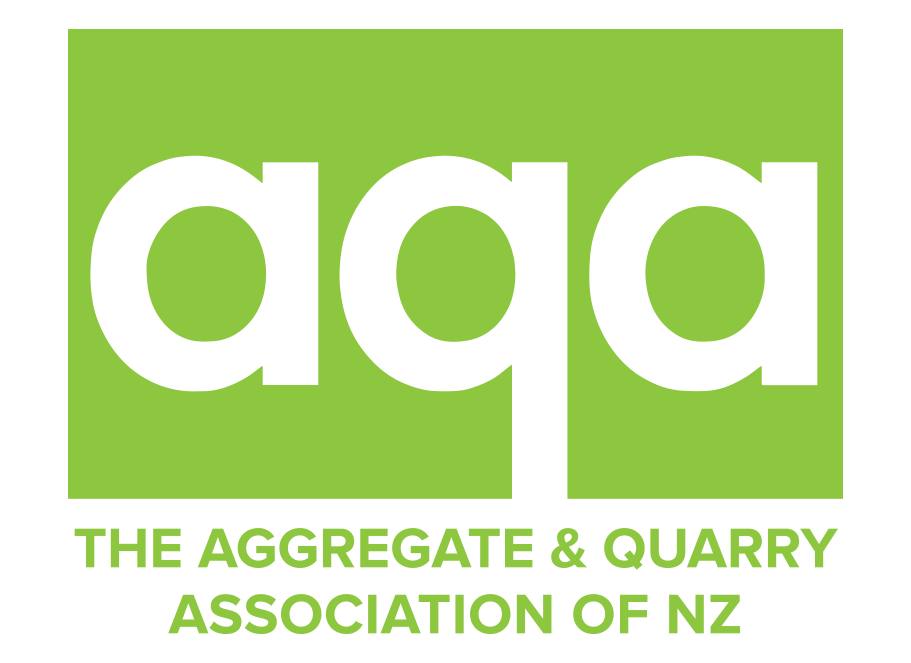An announcement that the Opotiki harbour project is proceeding underscores the benefits that local quarries bring, says Aggregate and Quarries Association (AQA) Chief Executive, Wayne Scott. Funding of $79.4 million from the Provincial Growth Fund to help build the harbour, principally to support marine farms off the Opotiki coast, was announced by Infrastructure and Fisheries Ministers Shane Jones and Stuart Nash today. Earlier, the project was deferred after a huge cost blow-out, for which a major factor was the transport costs imposed by importing rock for the harbour development from 90km away.
An announcement that the Opotiki harbour project is proceeding underscores the benefits that local quarries bring, says Aggregate and Quarries Association (AQA) Chief Executive, Wayne Scott.
Funding of $79.4 million from the Provincial Growth Fund to help build the harbour, principally to support marine farms off the Opotiki coast, was announced by Infrastructure and Fisheries Ministers Shane Jones and Stuart Nash today.
Earlier, the project was deferred after a huge cost blow-out, for which a major factor was the transport costs imposed by importing rock for the harbour development from 90km away.
Wayne Scott, who’d met Minister Jones when the project was deferred, commissioned AQA Technical Advisor Mike Chilton, to work with GNS on alternate supplies of rock.
New sources of rock close to Opotiki were identified and resource consents for two new quarries are now being progressed.
The Business Case prepared by Opotiki District Council says these local supplies significantly reduce transport costs and thus harbour development costs.
It notes there are additional financial and environmental benefits to the Eastern Bay of Plenty which uses up to 67,000 tonnes of currently imported armour rock for stopbank construction and repair, flood protection and highway strengthening, as well as to the wider region.
Wayne Scott says the Opotiki experience is replicated nationally.
“The big cost in supplying any quarried material is transport. This doubles in the first 30km and increases for every extra kilometre. In most areas, there are local supplies of rock and stone. Using these saves a lot of money and reduces trucks on the road and emissions.”
Wayne Scott says the Government’s Resources Strategy, released last August, acknowledges the need to ensure local supplies of aggregate, rock and sand.
“What the Opotiki Harbour project has confirmed is that it’s better for everyone to find or maintain local quarries. With the benefits now shown for the Opotiki project, the AQA is ready to work with all councils and Government agencies to develop plans which allow those gains to be enjoyed in all other parts of New Zealand.”



